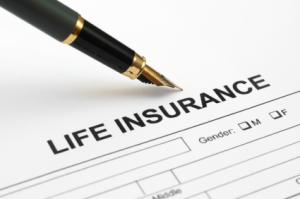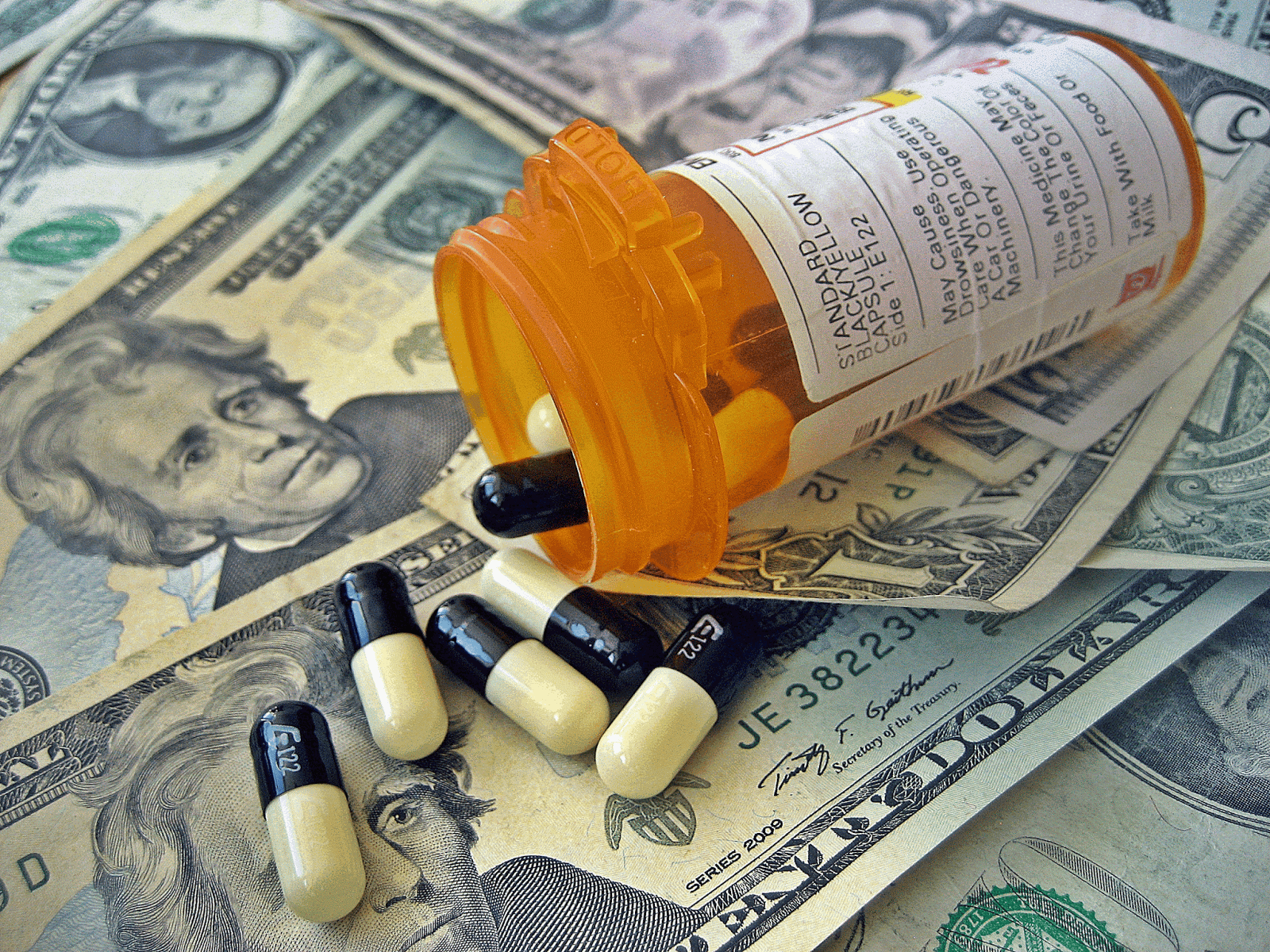Dear Liz: I’m a teacher on an income-based repayment plan for my federal student loans. I don’t qualify for any loan forgiveness programs for teachers because I teach in an affluent area. Right now, interest and payments on federal education loans have been suspended because of the pandemic.
I’m trying to decide what to do when payments have to restart. Should I pay down a chunk of the loans from the money that accumulated in my savings from not having to make loan payments since April? Or pick back up where I left off with making near-double payments to get down the principal (slowly) and pay off loans in another five to six years? Or only make the minimum income-based payments while waiting to see if the new administration offers more comprehensive loan forgiveness for teachers? Thank you for any insights.
Answer: Although you may not qualify for loan forgiveness through programs meant to help underserved communities, you can still qualify for the federal public service loan forgiveness program. This program erases debt for schoolteachers and other public servants after they’ve made 120 qualifying payments toward their federal student loans.
You can learn more about this program at the U.S. Department of Education site. Follow the rules carefully because many people who thought they were on track to get forgiveness have discovered otherwise.
If you’re eligible, consider making only the minimum payments on your loans so that the maximum amount is forgiven. Even if you’re not eligible for forgiveness, though, you don’t necessarily want to rush to pay off this relatively low-rate, tax-deductible debt.
You should be on track with your retirement savings, have paid off all other, higher-rate debt and have a substantial emergency fund before you make extra payments on education debt (or a mortgage, for that matter). “Substantial” means having three to six months’ worth of expenses saved. If your job is anything less than rock solid, you may want to set aside even more.
Keep in mind that the money you send to your lenders is gone for good; you can’t get it back should you need it later.
 Today’s top story: Unpacking the myths of investing in the stock market. Also in the news: A new episode of the Smart Money podcast on buying cryptocurrency and tackling debt, life insurance companies are becoming more marijuana-friendly, and asking for reconsideration after being denied a credit card.
Today’s top story: Unpacking the myths of investing in the stock market. Also in the news: A new episode of the Smart Money podcast on buying cryptocurrency and tackling debt, life insurance companies are becoming more marijuana-friendly, and asking for reconsideration after being denied a credit card.  Today’s top story: 4 financial experts who could steer your wrong. Also in the news; More Americans are saving than ever before, though in unequal amounts, do’s and don’ts for planning your travel on points this year, and how to make debt less costly when you need it in a crisis.
Today’s top story: 4 financial experts who could steer your wrong. Also in the news; More Americans are saving than ever before, though in unequal amounts, do’s and don’ts for planning your travel on points this year, and how to make debt less costly when you need it in a crisis. Today’s top story: How to choose a Medicare prescription drug plan in 5 steps. Also in the news: Should you go back to school like many grads are, it’s time to audit your autopay subscriptions, and 1 in 5 Americans could be out of money by Election Day.
Today’s top story: How to choose a Medicare prescription drug plan in 5 steps. Also in the news: Should you go back to school like many grads are, it’s time to audit your autopay subscriptions, and 1 in 5 Americans could be out of money by Election Day. Today’s top story: 3 ways to skip your bank’s long phone lines. Also in the news: Keeping your credit in shape, even if you don’t have debt and don’t plan to borrow, 25 ways to save yourself from your debt disaster, and how to set up a 60/40 budget.
Today’s top story: 3 ways to skip your bank’s long phone lines. Also in the news: Keeping your credit in shape, even if you don’t have debt and don’t plan to borrow, 25 ways to save yourself from your debt disaster, and how to set up a 60/40 budget.